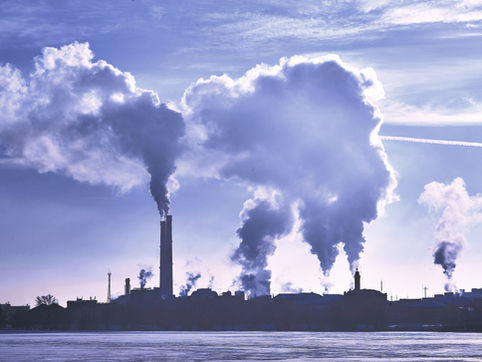‘BPA-Free’ Doesn’t Mean a Plastic Container is Safe
- Aug 27, 2025
- 1 min read
More sticker shock.

McGill University researchers warn that some chemicals replacing bisphenol A (BPA) in food packaging can disrupt human ovarian cells, raising new concerns about the safety of so-called “BPA-free” products.
The study tested four common substitutes found in printed stickers on packaged meat, fish, cheese and produce. Two compounds, TGSA and D-8, altered key gene activity and caused fat buildup in lab-grown ovarian cells, suggesting possible risks to fertility and metabolism.
“‘BPA-free’ is an incredibly misleading label. It usually means one bisphenol has been swapped for another, and there are more than 200 of them. Some may be just as harmful, or even worse. We need to test these compounds before they’re widely adopted, not after.”
— Bernard Robaire, James McGill Professor, Pharmacology & Therapeutics and Obstetrics & Gynecology, McGill University


















Comments